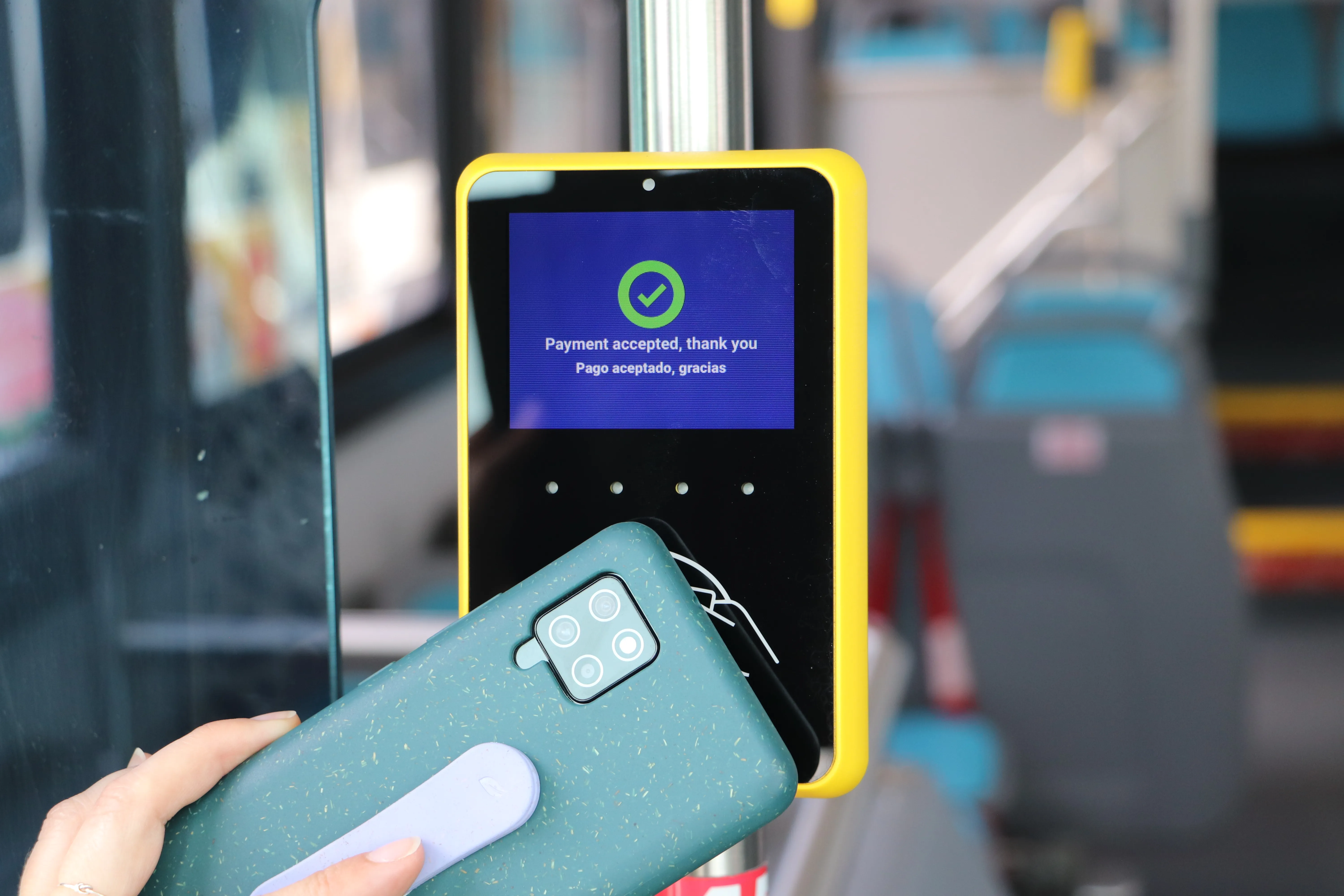A Korea-Greece consortium led by LG CNS has been awarded a US$191.9 million project to build an e-ticket system for mass transit in Athens, the Seoul-based IT solution company, LG CNS, says.
Under the project, overseen by the Athens Urban Public Transport Organisation (OASA), LG and its partner, Terna Energy of Greece, will install and operate the automatic fare collection system for the bus, trolley and subway system. The smart ticket project will replace conventional paper tickets, the company said.
March 24, 2014
Read time: 2 mins
A Korea-Greece consortium led by 6203 LG CNS has been awarded a US$191.9 million project to build an e-ticket system for mass transit in Athens, the Seoul-based IT solution company, LG CNS, says.
Under the project, overseen by the Athens Urban Public Transport Organisation (OASA), LG and its partner, Terna Energy of Greece, will install and operate the automatic fare collection system for the bus, trolley and subway system. The smart ticket project will replace conventional paper tickets, the company said.
The transition will take twelve years, and during the first two the consortium will set up e-transportation card panels on buses and at subway stations. Over the following ten years, the consortium will implement the operation of the infrastructure for the traffic card and fare adjustment system.
LG CNS said it is also bidding to upgrade the smart public transportation fare system in London, worth US$1.5 billion), which it said is likely to be awarded late this year.
Under the project, overseen by the Athens Urban Public Transport Organisation (OASA), LG and its partner, Terna Energy of Greece, will install and operate the automatic fare collection system for the bus, trolley and subway system. The smart ticket project will replace conventional paper tickets, the company said.
The transition will take twelve years, and during the first two the consortium will set up e-transportation card panels on buses and at subway stations. Over the following ten years, the consortium will implement the operation of the infrastructure for the traffic card and fare adjustment system.
LG CNS said it is also bidding to upgrade the smart public transportation fare system in London, worth US$1.5 billion), which it said is likely to be awarded late this year.









